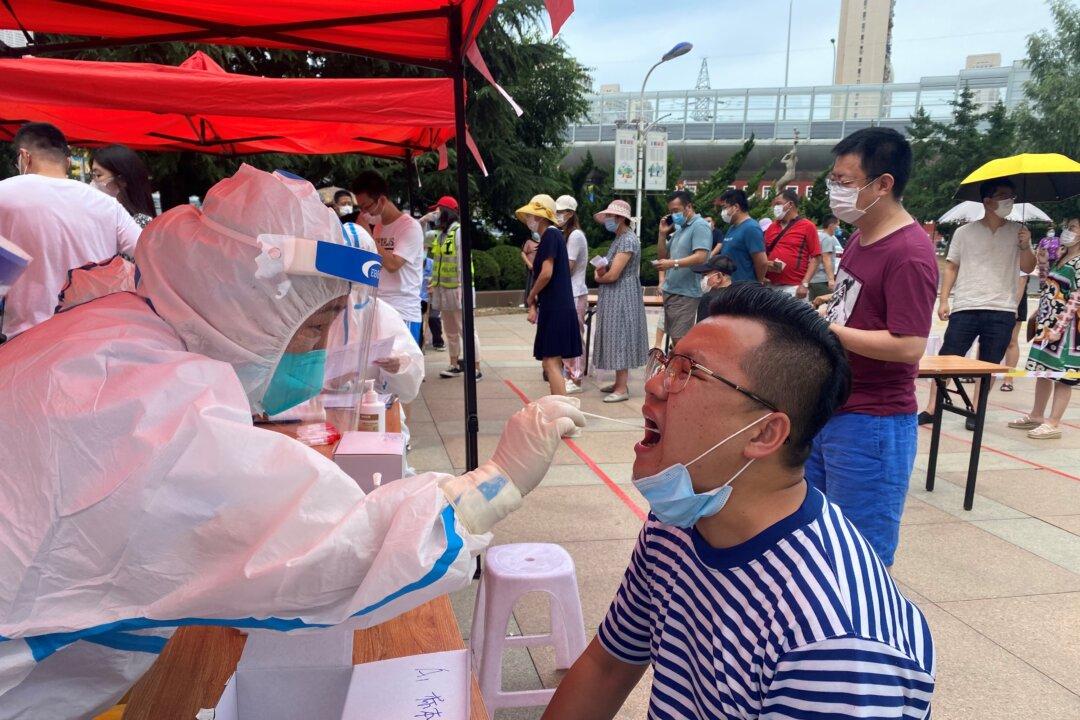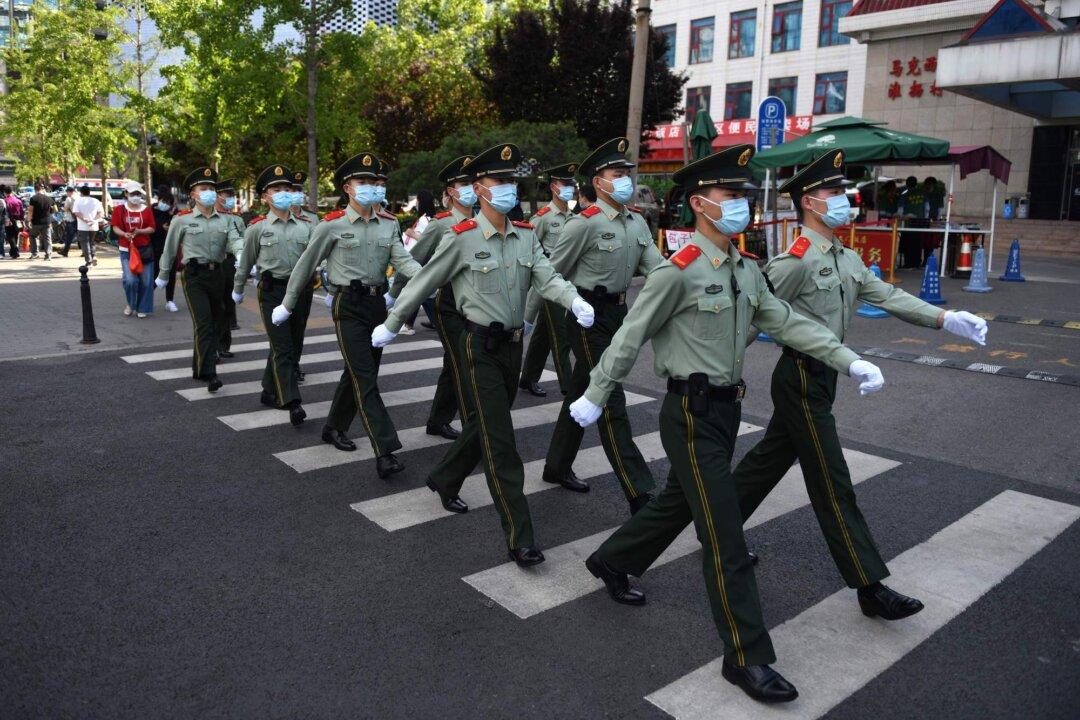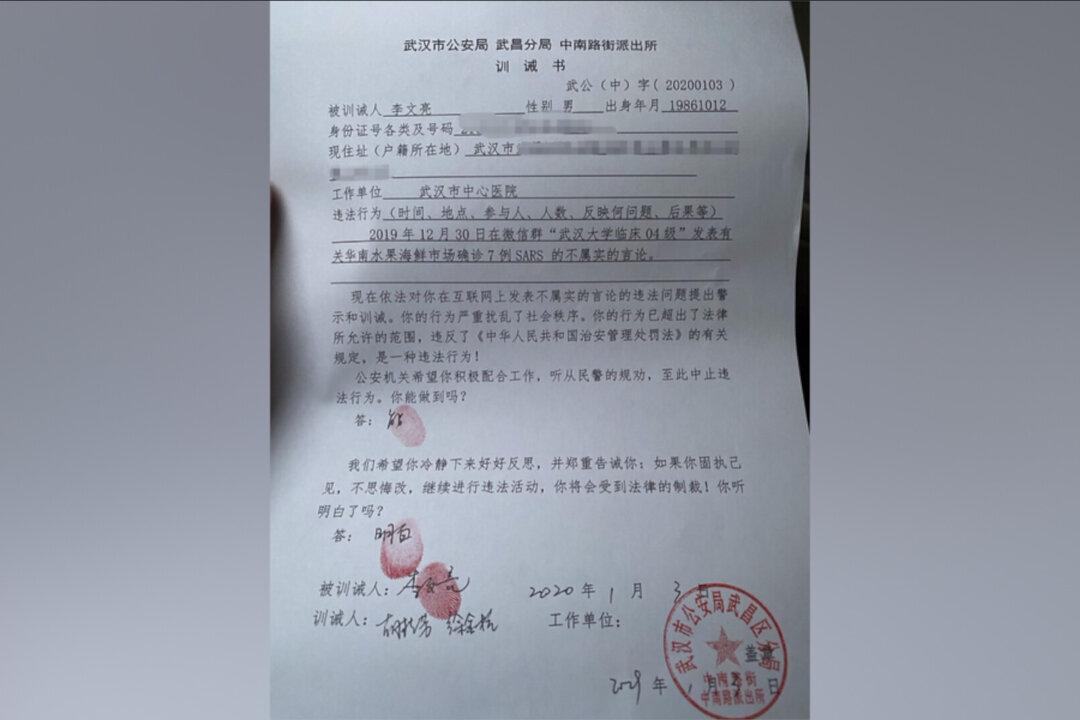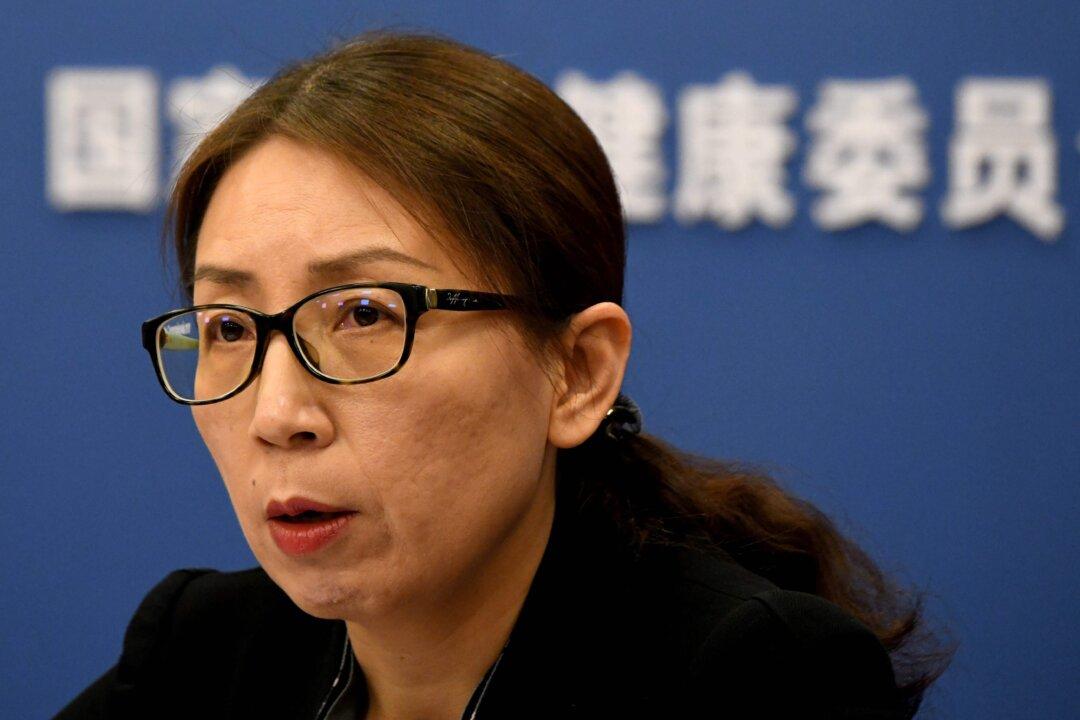A series of internal documents from Dalian’s municipal government recently obtained by The Epoch Times reveals that the northeastern Chinese city is under financial strain that has been exacerbated by the economic costs of the pandemic.
The documents show some of the urgent fiscal and economic difficulties that Chinese authorities face.




